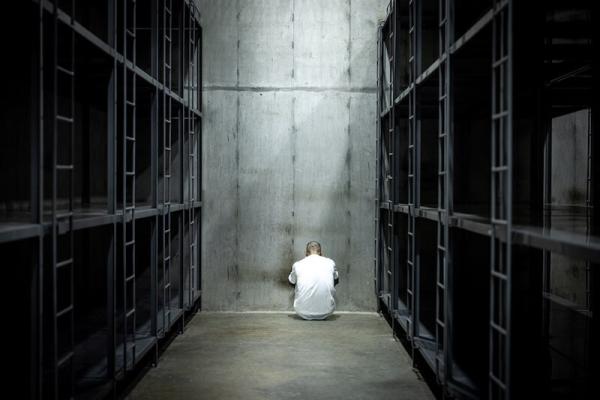On June 26, the U.S. Supreme Court decided to hear during its next term a case regarding President Donald Trump’s travel ban, and in doing so, permitted a limited version to go into effect immediately until the case is heard. The decision means that people from six majority-Muslim countries will be temporarily barred unless they have strong ties to the U.S.
The Supreme Court’s next term will begin in October.
The ban will go into effect "with respect to foreign nationals who lack any bona fide relationship with a person or entity in the United States." That indicates that people from the six countries and refugees who have family, business, or other ties would not be barred from entry. But those seeking visas to enter the United States with no such ties could be barred.
Several circuit courts nationwide have ruled President Trump’s travel ban unconstitutional, some of those chambers led by appointees of President Clinton and President Obama. This does not match the current layout of the Supreme Court, which contains five justices appointed by Republican president and four justices appointed by Democrat presidents, amid rumor that Justice Anthony Kennedy — who sometimes rules in alignment with his more liberal peers on the bench — could retire as early as June 26, according to CNN.
Read more here.
Reuters' reporting contributed to this story.
Got something to say about what you're reading? We value your feedback!






